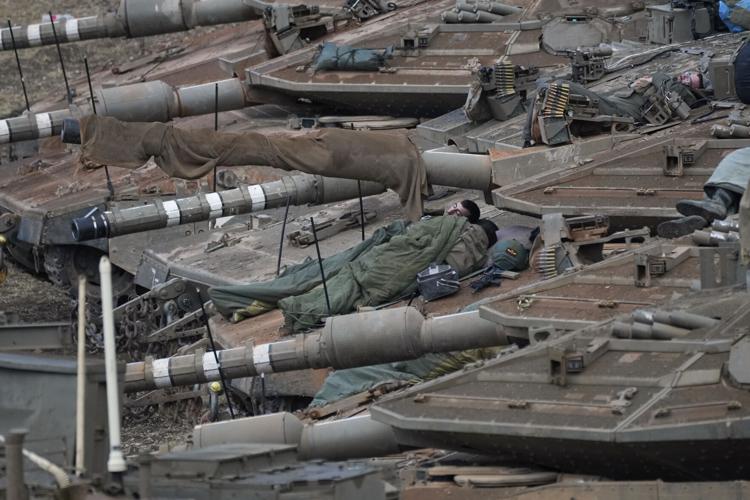In a recent escalation of hostilities between Iran and Israel, the Federal Government of Nigeria signaled a potential evacuation of its citizens from Lebanon. Amid rising tensions, marked by Iran’s missile strike of 180 ballistic missiles aimed at Israel, the Nigerian mission urged citizens in Lebanon to contact authorities for necessary profiling and documentation ahead of an evacuation. These developments have raised alarms in the region, with both Iraq and Jordan, lying between the two nations, facing the inevitable repercussions of this conflict. The situation has raised safety concerns not just for locals but for expatriates and foreign nationals, underscoring the need for early precautionary measures in volatile areas.
On the day of the missile attack, the Israeli military confirmed that missiles were launched from Iran towards Israel, activating sirens across the country. Fortunately, Israeli air defenses intercepted a substantial number of the missiles, leading to a situation where the military later declared that there was no longer an immediate threat. This was Iran’s second direct attack following an earlier missile and drone strike in April that came in retaliation for an Israeli airstrike on the Iranian consulate in Damascus. Reports from AFP mentioned explosions over Jerusalem and minor injuries due to shrapnel, indicating that while the attack’s intent was serious, the outcomes were relatively contained due to effective defensive measures.
The context behind this confrontation is rooted in ongoing tensions triggered by the deaths of Iran-backed militant leaders, further complicating the existing geopolitical landscape. According to Iranian sources, the missile attack was directly in response to the assassination of Hezbollah leader Hassan Nasrallah and Hamas leader Ismail Haniyeh earlier in the week, both incidents attributed to Israeli operations. With such provocations, the cycle of retaliation appears to be intensifying, further destabilizing the region and drawing in various global powers, as demonstrated by international responses from organizations like the United Nations calling for an immediate ceasefire.
Alongside the military responses, significant airspace restrictions occurred throughout the region as governments in Iraq, Lebanon, and Jordan closed their airways in light of the threat posed by the Iranian missiles. The Jordanian military reported successful interceptions of both missiles and drones, showing a heightened state of alert across the neighboring countries. The international community is grappling with the implications of these hostilities, while regional allies such as the United States have taken action, with President Joe Biden ordering military assistance to support Israel’s defense efforts. The implication of these actions signals the U.S.’s commitment to ensuring stability in the region while simultaneously managing the risks of a broader conflict.
As the situation continues to develop, analysts are observing Iran’s strategic maneuvering in the ongoing conflict. Following Hamas’ October 7 attack on Israel, Iranian-backed groups have been increasingly involved, showcasing a shift from indirect support to potential direct hostilities against Israel. While the attack on Tuesday might be classified as Tehran’s more aggressive posture, it has also illustrated a tactical restraint in previous months despite regional tensions, leaving many to wonder about the long-term strategies at play for both Iran and Israel.
In summary, the current tensions surrounding the Israel-Iran conflict have immediate implications for regional safety, particularly concerning foreign nationals residing in conflict zones like Lebanon. The call for evacuation from the Nigerian government highlights the urgent need for international awareness and action regarding citizens’ safety amidst escalating violence. As missile strikes continue to characterize the conflict, the potential for broader involvement by global powers and the response from countries in the region could significantly reshape the geopolitical landscape in the near future. The focus remains not only on immediate military responses but also on diplomatic avenues to secure a ceasefire and reduce hostilities, stressing the necessity of engagement at all levels.


